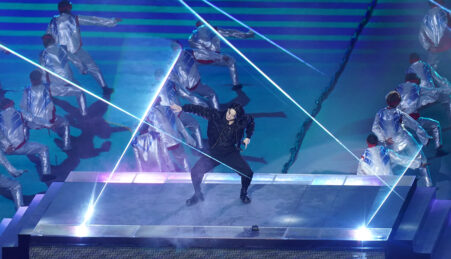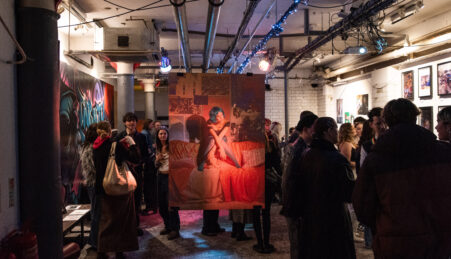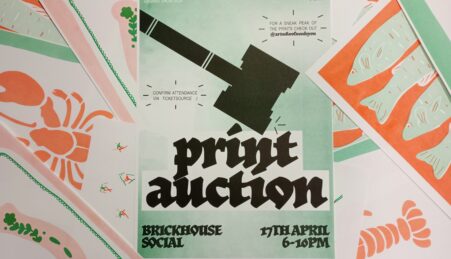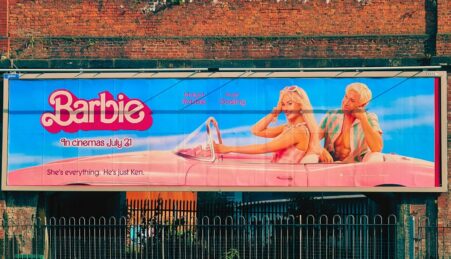‘“I’m the shy boy, you’re the coy boy”: Punk, LGBT culture and politics in Britain’ – Dr David Wilkinson (University of Reading), Manchester Metropolitan University, 4th March 2014

The Sex Pistols
What do you imagine when you think of Punk? Piercings? Green Mohican haircuts? Anti-social behaviour? Great music? Whatever you associate with the genre, something that may not immediately spring to mind is the connection between Punk and LGBT (Lesbian, Gay, Bisexual, Transgender) subcultures. However, Dr David Wilkinson returned to his alma mater last week to deliver a highly entertaining, and enlightening, lecture, which revealed strong links between the two.

The Buzzcocks
Taking its title from the song Homosapien, by former Buzzcocks front man Pete Shelley, ‘I’m The Shy Boy…’ traced the roots of British Punk culture back to the London gay scene of the 1970s, before discussing the interplay between the two cultures throughout the punk and post-punk eras. With a few choice punk moments thrown in, such as the infamous Sex Pistols’ versus Bill Grundy interview (and a naked Tony Wilson for good measure) the lecture made a strong case that the original punk ethos was built upon a subversion of the politics of sexual identity. Beginning with a series of ‘intentionally seedy’ Polaroid’s taken of the Sex Pistols posing as rent boys, Dr Wilkinson explained,
“Right from the beginning, Punk and LGBT subculture were inseparable from one another. That crossover took a variety of forms. One of these was fashion and self-presentation. In London, a year or so before the ‘Pistols emergence proper, Punk as a subculture borrowed from the sartorial extravagance of the ‘soul boys’ and girls’’. [Their] look sometimes crossed over into the gay clubs. These gay clubs were often prime locations for the black dance music and the soul and disco influenced mid- 70’s output of David Bowie and Roxy Music.”

Dr David Wilkinson
The confluence of youth subcultures represented by these clubs, which took in soul, disco, LGBT and the ‘rockers’ or ‘greasers’, was to capture the imaginations of Malcolm McLaren and Vivienne Westwood, setting them on their “year zero mission to shock, disgust and destroy to create – which was primarily fashion-focussed.” Often concentrating on the homoerotic elements of these influences, Westwood and McLaren’s anarchic styling and vision became ultimately manifest in The Sex Pistols, the band that essentially pioneered British Punk.
Dr Wilkinson continued by exploring the politicisation of Punk and its reaction to the social injustices it had built a platform from which to vociferously attack. As the mainstream media relapsed into full moral frenzy about effects of Punk on society, and the existing music press fumbled around for ways to define the genre, Punk subculture itself gave rise to its own underground fanzines and semi-politicised groups and organisations.

Fanzine
In doing so, it armed young people with uncensored knowledge of, and access to, issues which had previously been supressed, not least among them LGBT and sexual identity issues. Tracing these effects into the post-punk ‘New Romantic’ and ‘Indie’ eras of the 1980s and beyond, using Culture Club’s Karma Chameleon, and former ‘passionate punk’ Morrissey’s inimitably sexually ambiguous style as examples, Dr Wilkinson concluded,
“There’s no doubt that Punk irreversibly altered the dynamics of sexuality and gender in rock and pop. Mousey, shy indie boys as rock heroes; the militant gay scene of Bronski Beat, the dress and the aesthetics of Manic Street Preachers, Grunge, Riot Grrrl and the ‘90s Zine scene and right up to the present.
“Though that relationship between Punk and LGBT culture has not always been a comfortable one to contemplate, I think that there is little doubt that it also had a hugely positive impact and it is a crucial – sometimes shocking – but always fascinating part of our history.”
The lecture was organised by Unison, as part of Manchester Metropolitan University’s LGBT History Month. For more information please visit here.
Neil Harrison is not gay, but if he was he would be the coy boy. You can follow him on Twitter @looseriver









Leave a reply